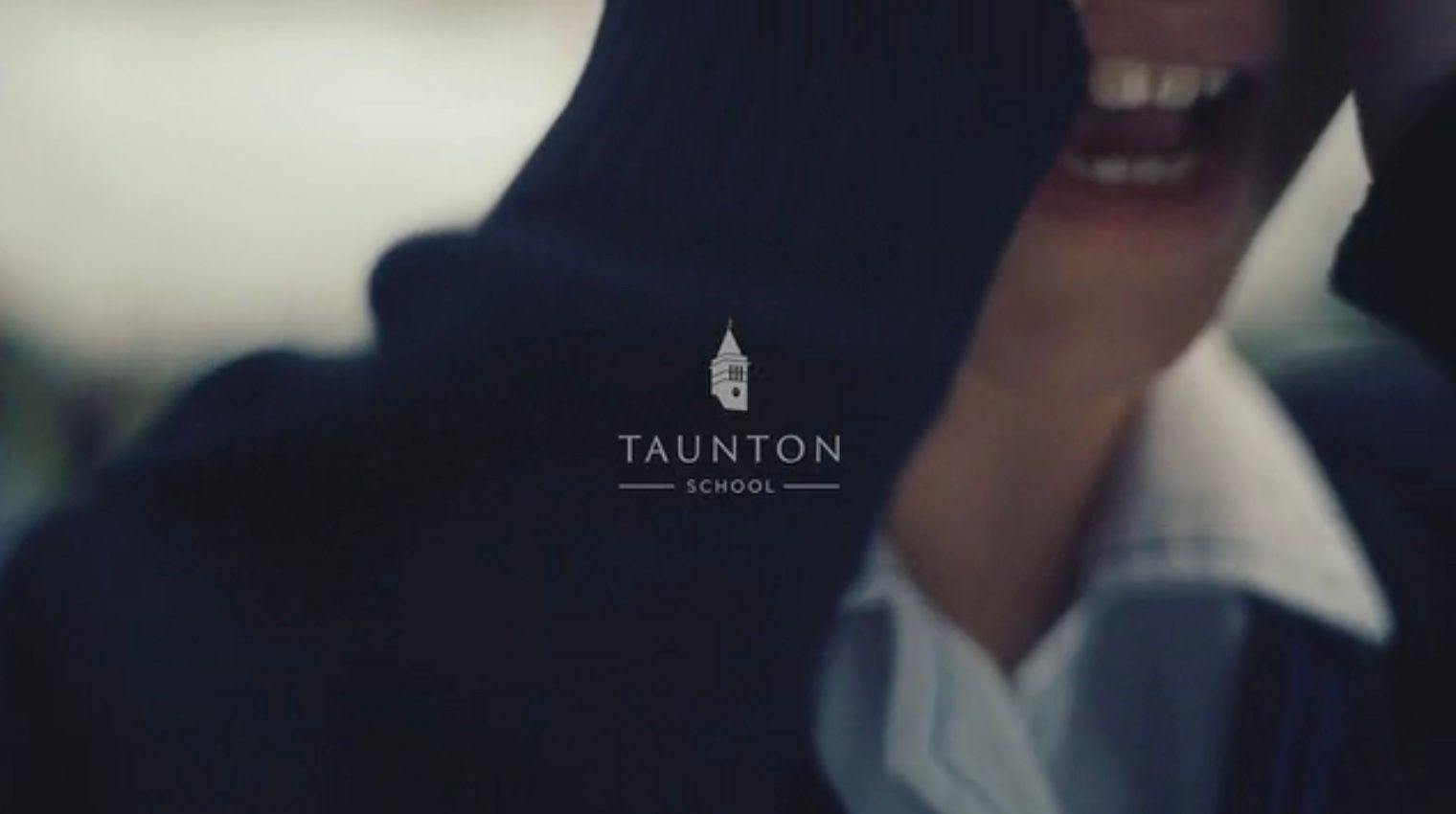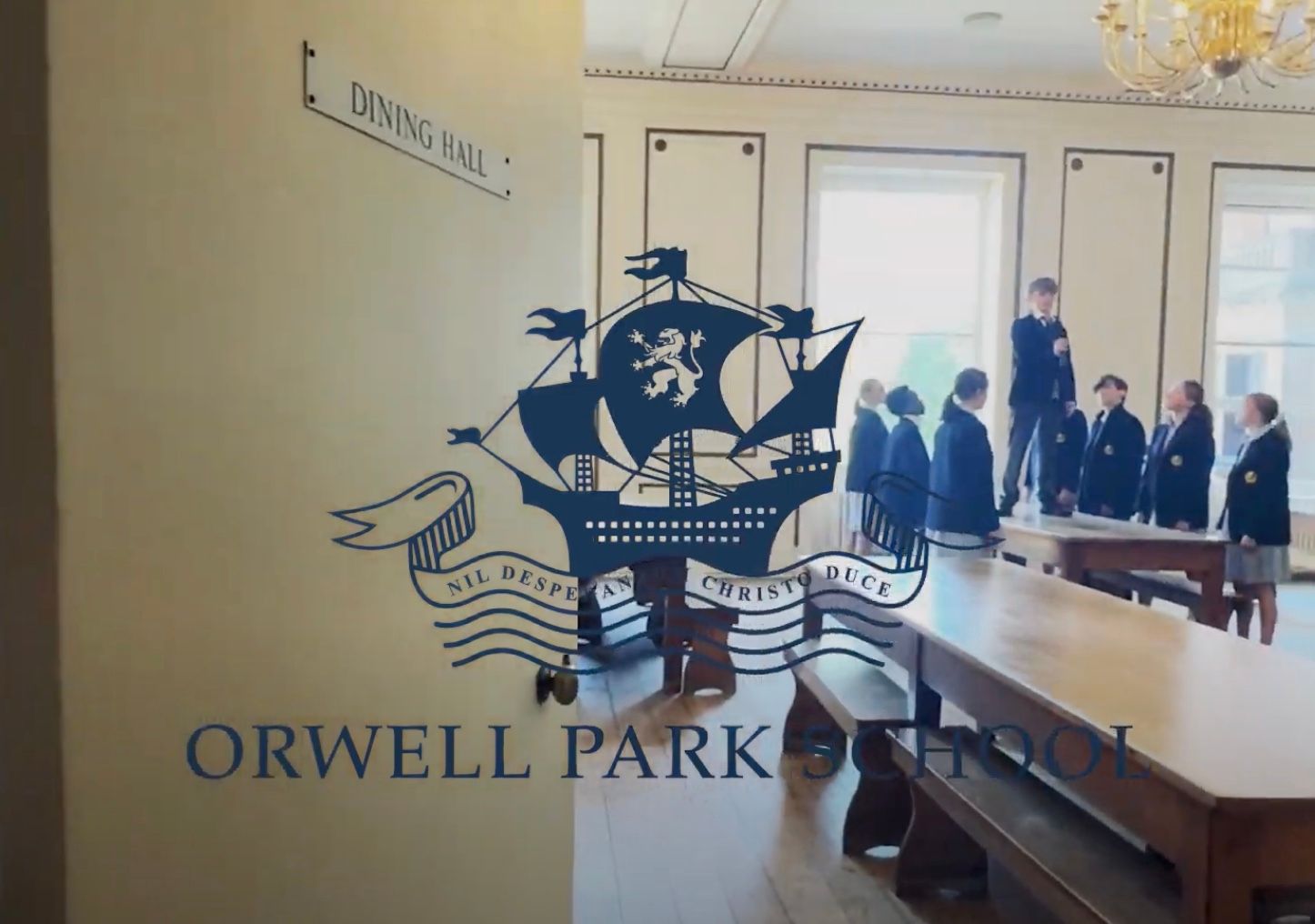Modern boarding schools strive to cultivate diverse and inclusive communities that embrace students from all backgrounds. They celebrate the richness of different cultures and perspectives, creating an environment where students can interact with individuals from diverse backgrounds, fostering mutual understanding and respect. This inclusivity fosters a sense of belonging, where students feel valued and empowered to contribute their unique talents and ideas.
Schools work hard to make the transition from home to boarding life smooth. By age seven, children typically share dorms with a few peers, but each has their own space with a wardrobe, locker, and sometimes a desk. This balance of personal space and community helps build lasting friendships.
)
)
)






